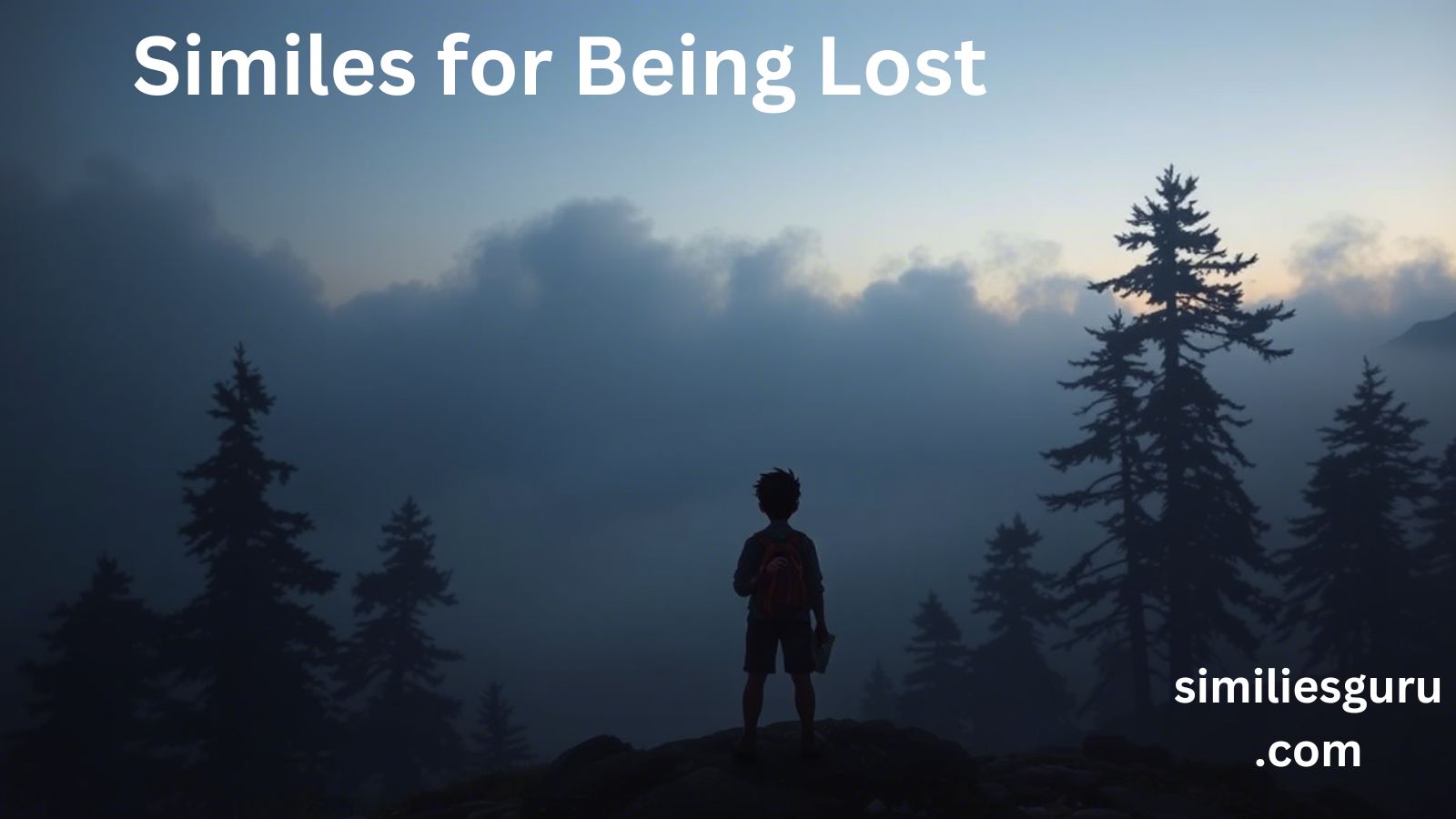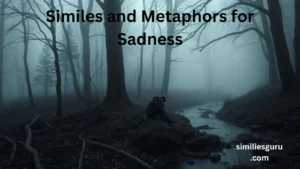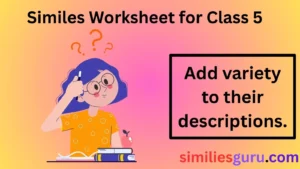Being lost is a universal experience, whether it’s in a physical sense, like wandering in an unfamiliar place, or metaphorically, like feeling confused or directionless in life. Similes, as figurative language tools, allow us to describe this state vividly and creatively. In this article, we’ll explore over 15 similes for being lost, providing polite, professional, and casual alternatives to express this feeling. We’ll also delve into the nuances of tone, context, and usage, ensuring you have a variety of options for both formal and informal conversations. Additionally, we’ll include 9 texting examples optimized for user-friendliness and Google readability.
What Are Similes?
Similes are figures of speech that compare two different things using the words “like” or “as.” They help paint a clearer picture in the reader’s or listener’s mind, making descriptions more engaging and relatable. For example, saying “I felt as lost as a needle in a haystack” creates a vivid image of being overwhelmed and unable to find your way.
Similes are particularly useful when describing abstract feelings like confusion, disorientation, or being lost. They add depth and creativity to your language, making your expressions more memorable.
Why Use Similes for Being Lost?
- Enhance Communication: Similes make your descriptions more vivid and relatable.
- Add Emotional Depth: They help convey the intensity of your feelings.
- Adapt to Context: Similes can be tailored to fit formal, professional, or casual settings.
- Avoid Repetition: Instead of repeatedly saying “I’m lost,” similes offer variety and creativity.
15+ Similes for Being Lost
Here’s a curated list of similes to describe the feeling of being lost, categorized by tone and context:
Polite and Professional Similes
- Like a ship without a compass – This simile conveys a sense of directionlessness in a professional or formal context.
- Example: “Without clear instructions, I felt like a ship without a compass.”
- As disoriented as a traveler in a foreign land – Ideal for describing confusion in unfamiliar situations.
- Example: “During the merger, I felt as disoriented as a traveler in a foreign land.”
- Like a puzzle missing its pieces – This simile highlights the feeling of incompleteness or confusion.
- Example: “Trying to understand the new software felt like a puzzle missing its pieces.”
- As lost as a drop in the ocean – A poetic way to express feeling insignificant or overwhelmed.
- Example: “In the vast corporate world, I sometimes feel as lost as a drop in the ocean.”
- Like a book with missing pages – This simile emphasizes the frustration of incomplete information.
- Example: “The project brief was like a book with missing pages—I couldn’t make sense of it.”
Casual and Everyday Similes
- Like a kid in a candy store – This simile can humorously describe being overwhelmed by choices.
- Example: “When I entered the mall, I felt like a kid in a candy store—completely lost!”
- As confused as a chameleon in a bag of Skittles – A playful and colorful way to describe confusion.
- Example: “After the meeting, I was as confused as a chameleon in a bag of Skittles.”
- Like a needle in a haystack – A classic simile for feeling lost or hard to find.
- Example: “Trying to find my keys in this mess is like looking for a needle in a haystack.”
- As lost as a penguin in the desert – This simile adds a touch of humor to the feeling of being out of place.
- Example: “At the tech conference, I felt as lost as a penguin in the desert.”
- Like a fish out of water – A common simile for feeling uncomfortable or out of place.
- Example: “In the new department, I felt like a fish out of water.”
Creative and Poetic Similes
- Like a star swallowed by the night – A poetic way to describe feeling invisible or unnoticed.
- Example: “In the crowded room, I felt like a star swallowed by the night.”
- As lost as a whisper in the wind – This simile conveys a sense of fleetingness and insignificance.
- Example: “My ideas felt as lost as a whisper in the wind during the brainstorming session.”
- Like a shadow in the dark – A metaphor for feeling invisible or unnoticed.
- Example: “In the new team, I felt like a shadow in the dark.”
- As disoriented as a dream upon waking – This simile captures the fleeting and confusing nature of dreams.
- Example: “After the accident, I felt as disoriented as a dream upon waking.”
- Like a feather in a storm – A vivid simile for feeling helpless or tossed about.
- Example: “During the crisis, I felt like a feather in a storm.”
Choosing the Right Simile for the Context
The key to using similes effectively is matching them to the tone and context of your conversation. Here’s a quick guide:
- Formal Settings: Use professional and polished similes like “like a ship without a compass” or “as disoriented as a traveler in a foreign land.”
- Casual Conversations: Opt for playful and relatable similes like “like a kid in a candy store” or “as lost as a penguin in the desert.”
- Creative Writing: Use poetic and imaginative similes like “like a star swallowed by the night” or “as lost as a whisper in the wind.”
9 Texting Examples for Being Lost
Here are 9 texting examples that incorporate similes for being lost. These are user-friendly, concise, and optimized for readability:
- “I’m as lost as a needle in a haystack with this new app. Can you help?”
- “Feeling like a fish out of water at this party. Where are you?”
- “This project is like a puzzle missing its pieces. Any advice?”
- “I’m as confused as a chameleon in a bag of Skittles. What’s the plan?”
- “Lost in the city like a penguin in the desert. Send help!”
- “This meeting left me as disoriented as a dream upon waking. What just happened?”
- “Feeling like a feather in a storm with all these deadlines. How are you coping?”
- “I’m as lost as a drop in the ocean in this new job. Any tips?”
- “This place is huge! I feel like a kid in a candy store—totally lost!”
Conclusion
Similes are powerful tools for expressing the feeling of being lost, whether in a physical, emotional, or metaphorical sense. By using similes like “like a ship without a compass” or “as lost as a penguin in the desert,” you can add depth, creativity, and relatability to your language. Remember to choose similes that match the tone and context of your conversation, whether it’s formal, casual, or creative.
With the examples and tips provided in this article, you’ll be well-equipped to describe being lost in a way that resonates with your audience. So, the next time you feel disoriented or confused, try using one of these similes to express yourself vividly and memorably.



